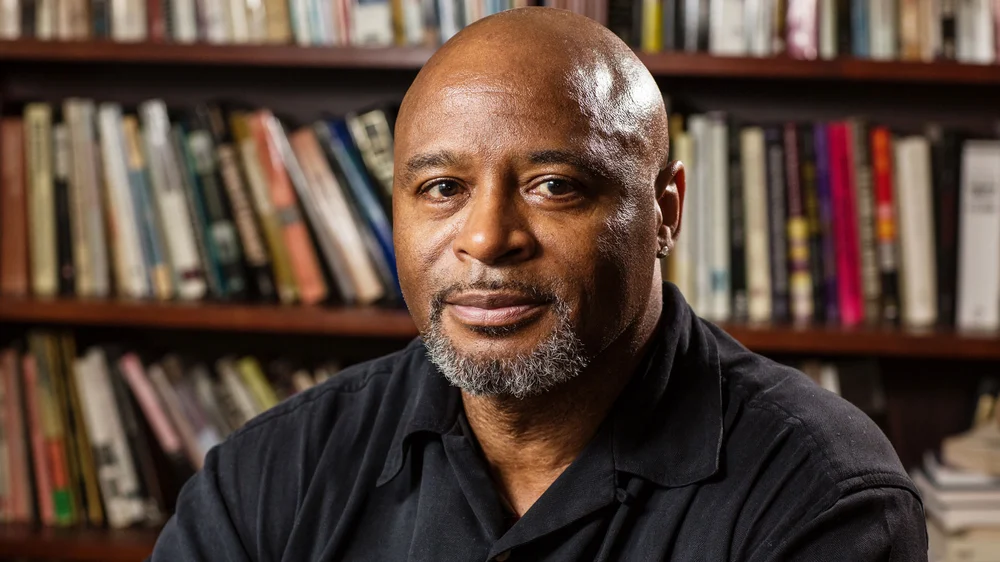
Just say the name “Selma,” and anyone who knows the history of the civil rights movement of the 1950s and 1960s will know what you mean. It was on the Edmund Pettus Bridge in that Alabama city almost 50 years ago (March 7, 1965) that peaceful marchers were beaten back with billy clubs wielded by state and local lawmen. Captured on network television news, it would become known as “Bloody Sunday.” The movie “Selma,” which opened nationwide last Friday (Jan. 9), tells the story of that day and events before and after, which would prompt passage of the Voting Rights Act that summer. Sundiata Cha-Jua, a professor of history and of African-American studies at Illinois, teaches courses on both the civil rights movement and African-Americans in film. He talked about the film and the history with News Bureau social sciences editor Craig Chamberlain.